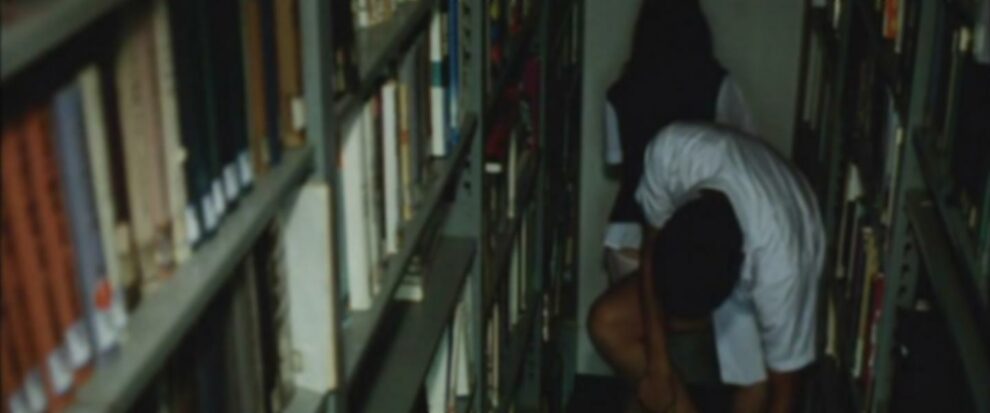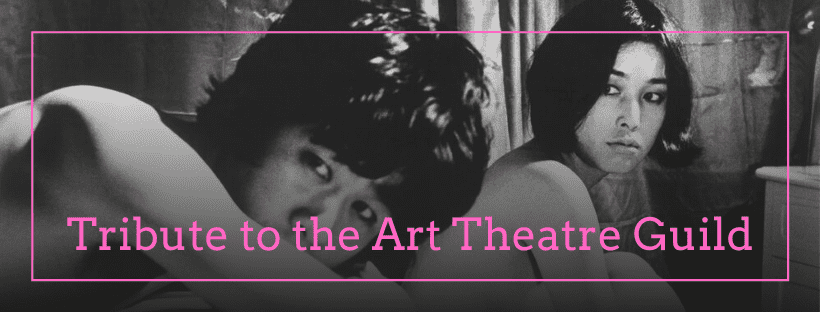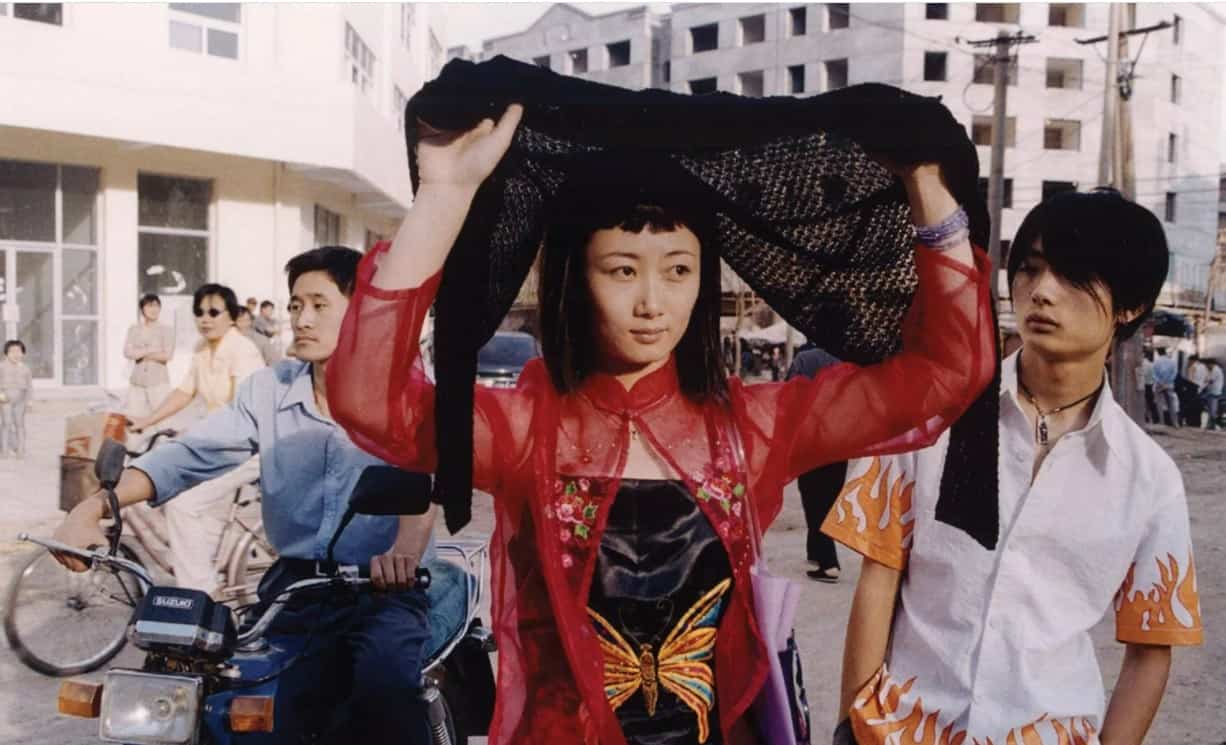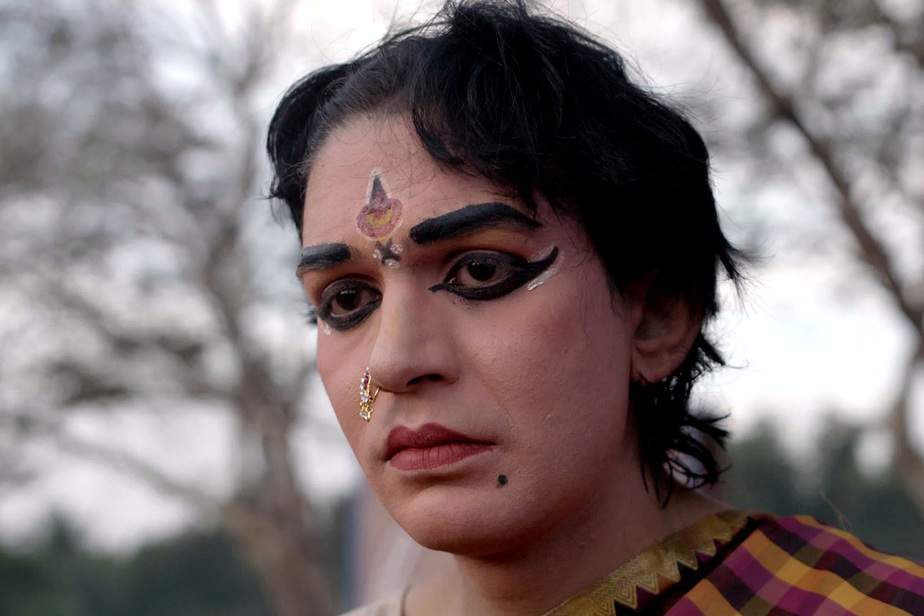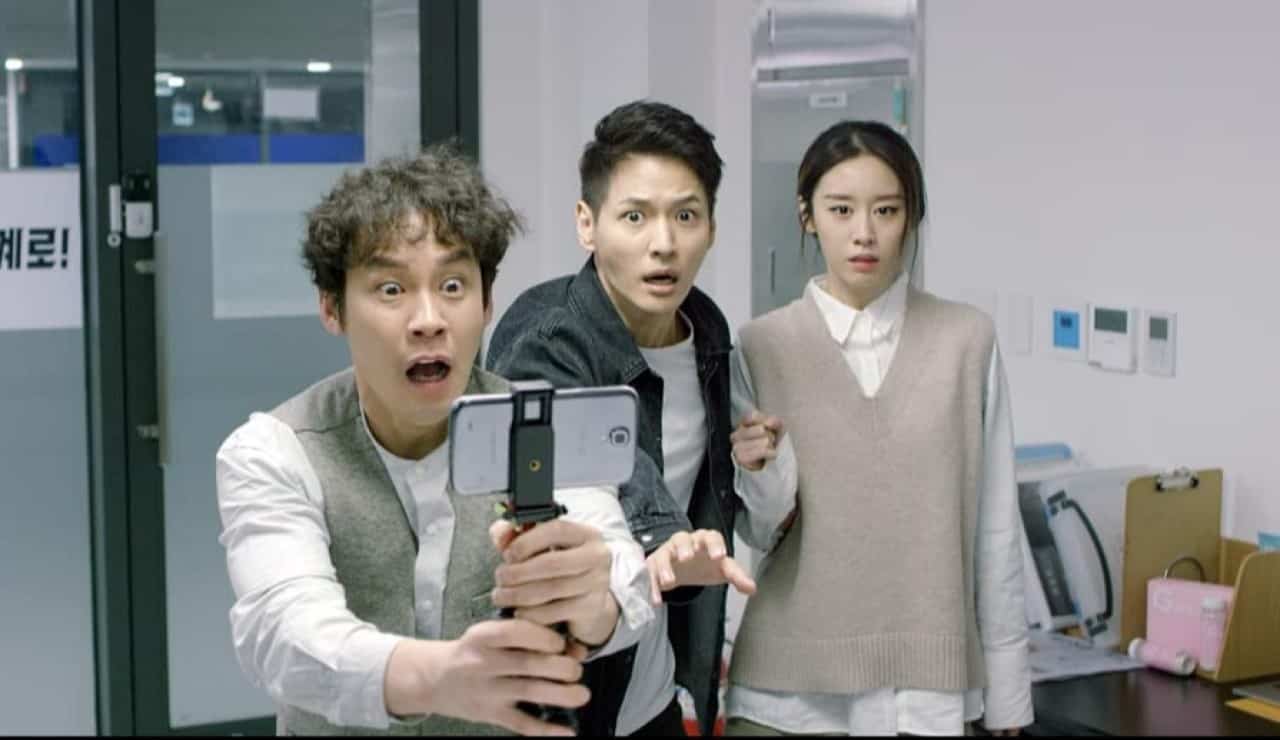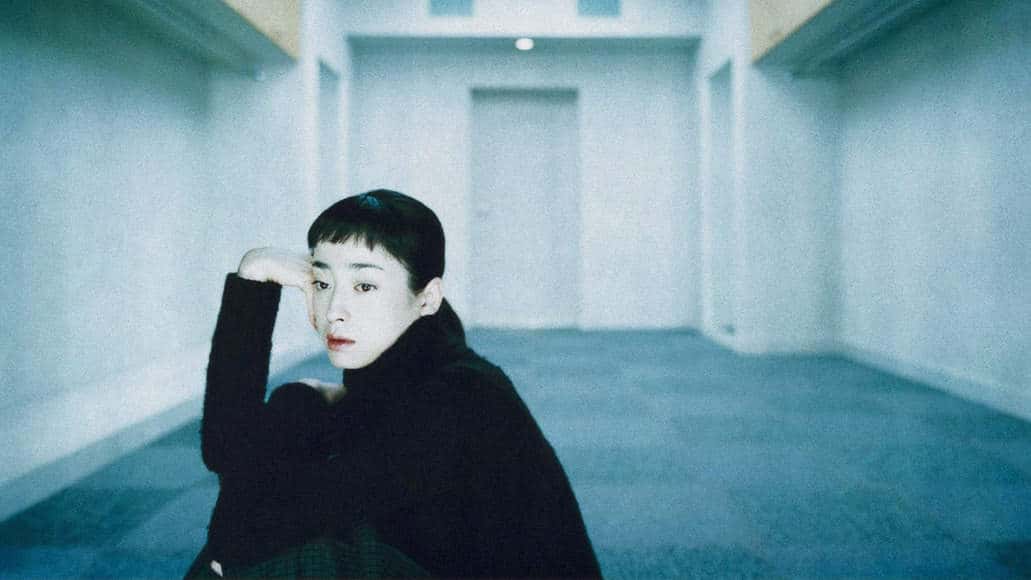Based on a novel by Haku Kenjo and scripted by Shuji Terayama, “Third Base” is a film that highlights the issues youths faced at the time, this time, however, by using the reformatory school (essentially a juvenile prison) as a setting to present the particular comments. The movie won Best Film and Best Director in Kinema Junpo and Best Film and Best New Actor from Blue Ribbon, in 1979.
Seno, known as “Third” is an inmate in Kanto-Asahi Reform school, who has gotten his nickname because he played third base on his high school team. Like the rest of the young men there, he is there due to violent crime, which in his case is murder. Furthermore, he is not exactly the ideal convict, since, as the story begins, we find him in solitary confinement, due to a fight with another prisoner, while we see him constantly not following orders, running ahead of the other inmates, doing his exercises in opposite fashion, which are actually the reasons he got into a fight in the first place. His mother is there to support him, even moving closer to the establishment to be close to him, but his father is nowhere to be seen. This part does look like a comment about the lack of guidance from the previous generation, but the reasons for the actions that led him to prison are never made fully clear.
In a lengthy flashback, though, we learn how he and II-B, another boy who eventually ends up in the same establishment, due mainly to boredom from having nothing to do in the small city they grew up in, decided to make money by prostituting two of their female classmates, nicknamed Newspaper and Tennis. The girls were in full agreement while they all decided to have sex with each other before proceeding with their plans, which eventually involved going to the first big city they found, and soliciting men who wanted to pay to have sex with highschool girls. When a yakuza became their customer though, the result was rather dire.
Yoichi Higashi directs a film that is essentially split into two parts, with the aforementioned flashback actually taking a rather big portion of the movie's duration, starting about the middle and finishing close to the finale. The first part presents the particular penitentiary with a style that borders on the documentary, with the procedures that took place for the rehabilitation of the young men being portrayed in detail. In that fashion, it becomes evident that the juvenile institutions in Japan are actually reform schools, with the inmates learning to do various jobs, from welding to working the fields, while the employees were more councilors than jailers, frequently being involved in advisory sessions with the inmates, either in groups or personally.
Check also this interview
On the other hand, the discipline implemented was as strict as possible, with the youths following a very specific schedule with almost no space for any kind of straying away from it, in a style that can be described as militaristic. The fact that Third is the only one who does not abide by the rules, both highlight him as the protagonist and shows that he is probably the most problematic “case” there.
The second part, which is filled with sex, nudity and violence, goes into completely different paths, in a rather extreme coming-of-age story, which is cemented in its finale, which is the most brutal scene in the whole movie. The comment is still blurry, but Higashi seems to state that boredom, lack of prospect in the small cities, lack of parenting, and social frustration is the main reason the four highschoolers indulged in such a behavior (in a phenomenon that still takes place nowadays) in an overall societal setting that definitely seemed like a dead-end to them. The whole thing of sexual frustration of teenagers is actually presented in both arcs, with the group masturbation after the visit of women social workers in the prison, being as funny and crude as it is realistic.
The presentation of all the aforementioned comments also result in a more general comment, of how the ‘elders' do not understand the ‘youths' and what is going on in both their lives and their minds. The session between Third and a psychologist in prison, regarding a toy car, highlights this remark in the most hilariously pragmatic way. On the other hand, the reasons for the behavior of the protagonist are never exactly clear, and being a teenager is not enough to justify them, particularly his attitude towards his mother and his alienating ways inside the prison. One could say that it is the crashing of his dreams about baseball or the frustration of how his effort to save his friend ended up with him in prison, but again, the point does not become clear, in an aspect that definitely dulls the impact of the movie.
Furthermore, the second arc presented in flashback, although it explains how Third ended up in the penitentiary in the first place, is completely disconnected in terms of narrative and aesthetics of the main part, essentially making the whole thing look like two movies that were forcibly joined together. Individually, the result is quite good, but not as a whole, an issue that should also be attributed to Keiko Ichihara's editing, and particularly the placement and the length of the flashback.
On the other hand, Toshiyuki Nagashima as Third is captivating to watch, giving an astonishing performance throughout the movie, highlighting his confusion, anger, and resolve in the most eloquent fashion. Aiko Morishita as Newspaper is also quite convincing as the ‘willing prostitute', while Chiyoko Shimakura as Third's mother frequently steals the show with her failed resolve to help her son.
The fatalistic, dead-end premises of the movie are also mirrored in Koichi Kawakami's cinematography, who captures all the setting in grayish, desaturated tones that mirror the mentality of the protagonists. The same applies to the fact that the only intense lighting in the movie comes when dreams are presented in the story, in a rather meaningful approach to the visuals here.
Despite the aforementioned issues, “Third Base” is a captivating film, that highlights its comments with eloquence and grittiness, in punk-like style that will remind many of Toshiaki Toyoda's first films.


